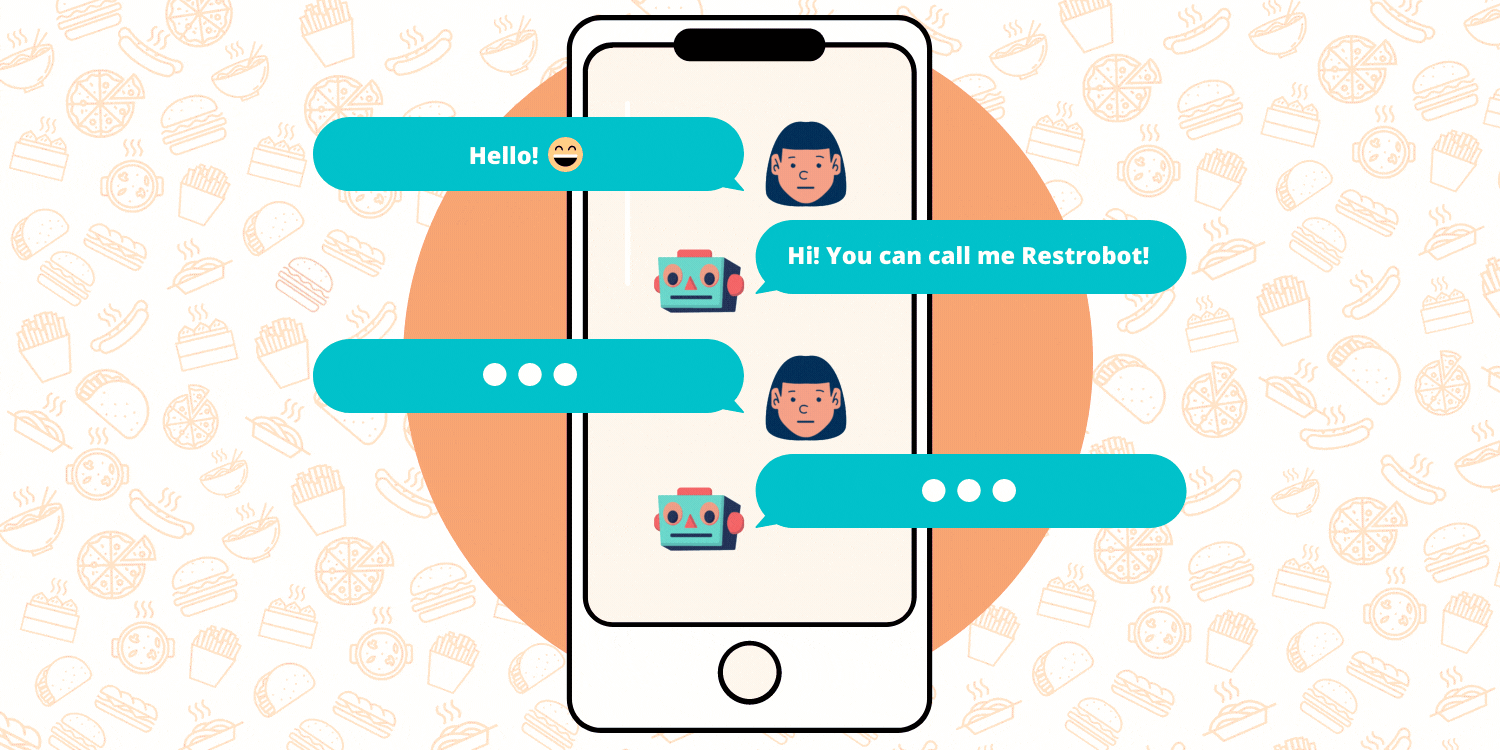About Me
Hi, I'm Rutuja Padgilwar! With a Master’s degree in Computer Science from Portland State University and over 4 years of experience in software development, I specialize in Python, Java, ReactJS, and cloud technologies. My career has spanned roles from building scalable eCommerce solutions to designing AI-driven systems. I’ve developed a diverse skill set, from optimizing backend systems to creating intuitive user interfaces. Passionate about AI and machine learning, I’ve worked on projects involving LLMs and advanced data retrieval systems. I'm excited to connect with others in the tech community and explore new opportunities in software and web development. Let’s connect if you’re interested in innovative tech solutions or discussing exciting tech ideas!










